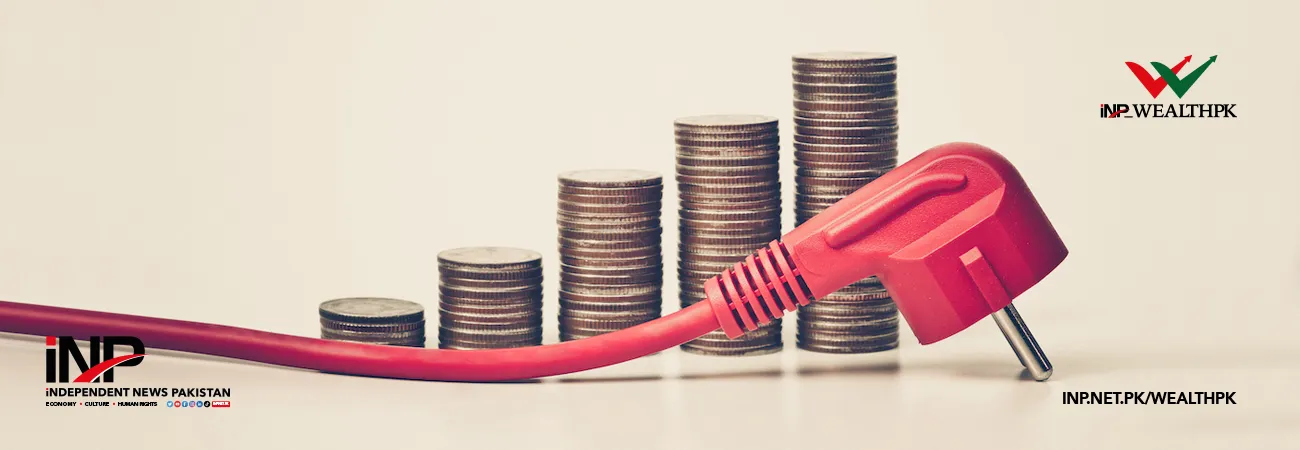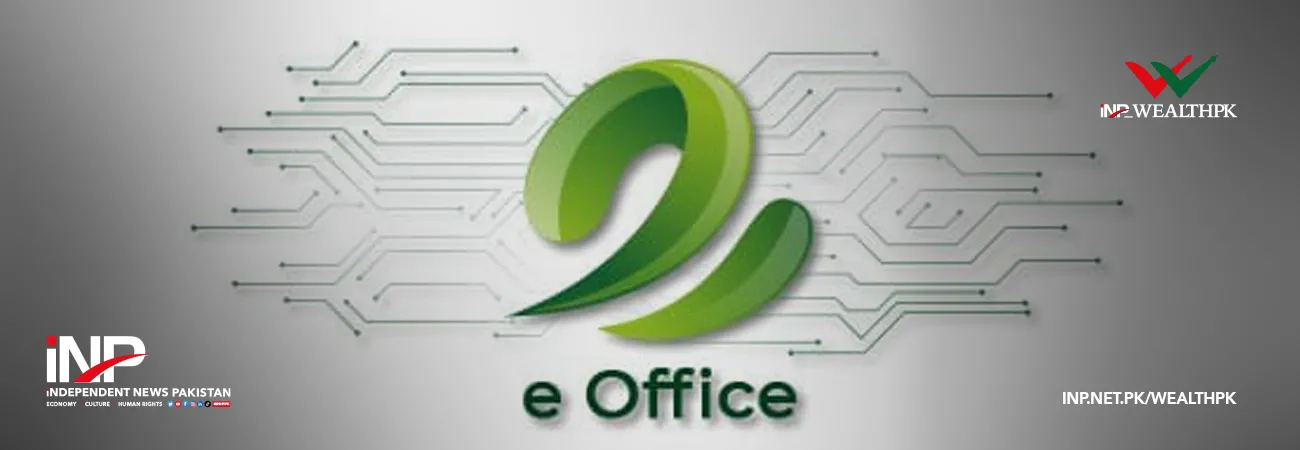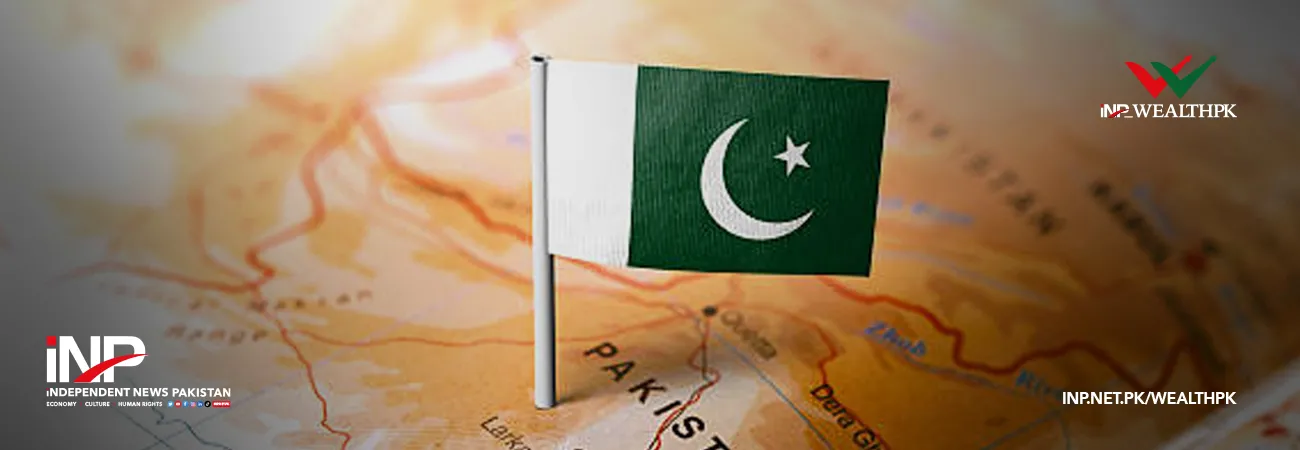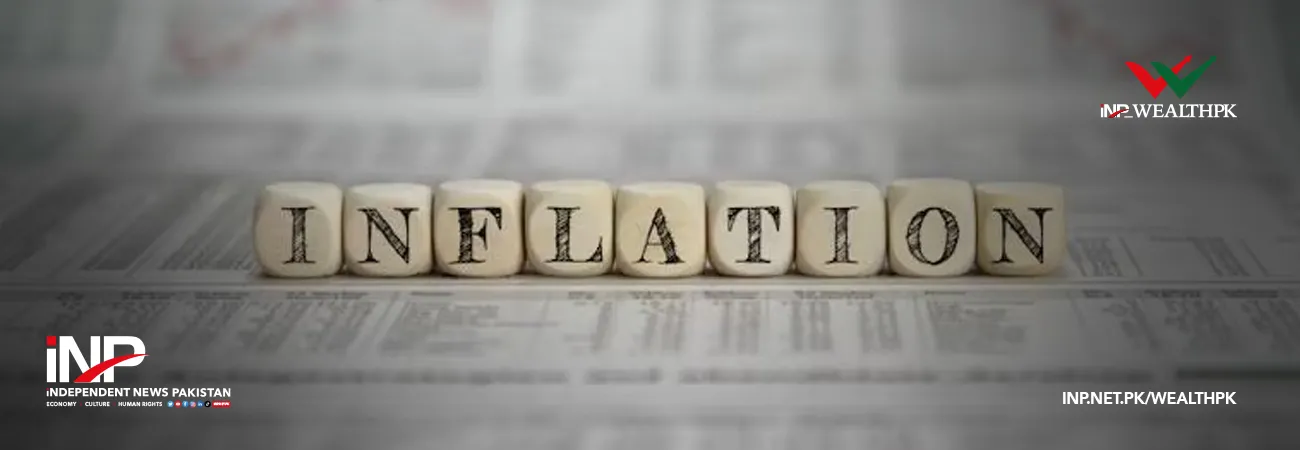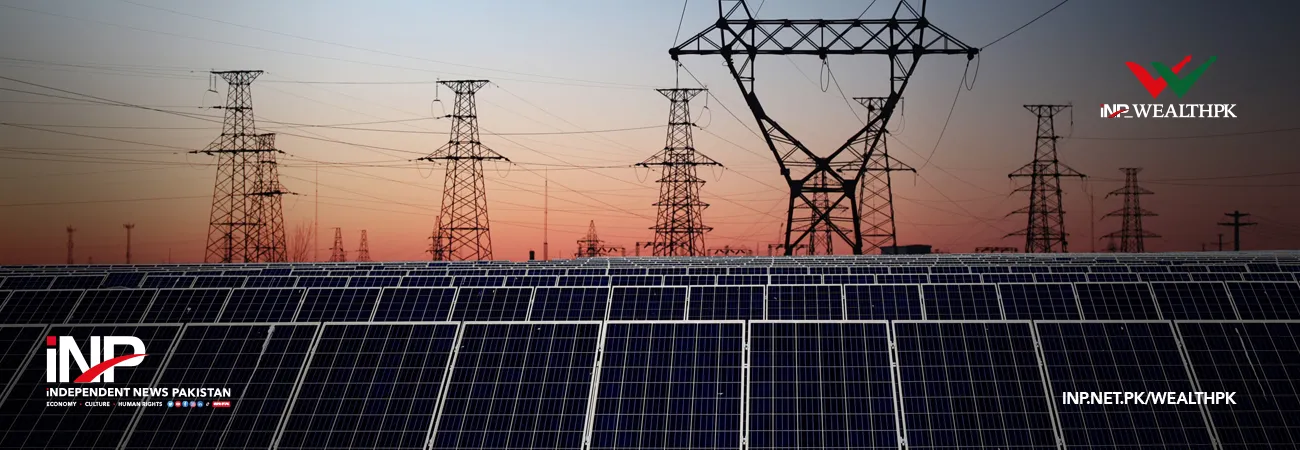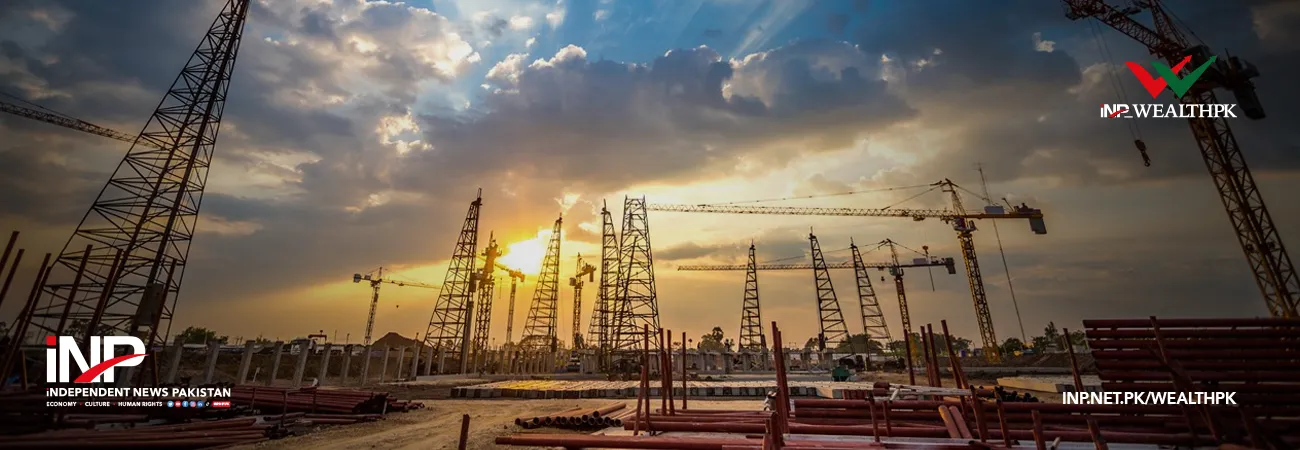INP-WealthPk
Amir Saeed
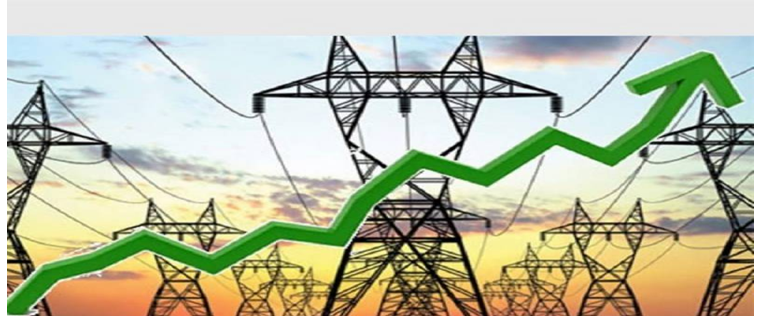
The country’s energy sector is facing significant challenges, including a high fixed cost structure, that is disproportionately affecting low-income households. Talking to WealthPK, Kaiser Bengali, former economic adviser to the Sindh government, said that the higher fixed costs of energy generation, transmission, and distribution were leading to increased electricity tariffs, which were burdening the low-income households. He lamented that low-income households were compelled to allocate a considerable portion of their income to energy costs, leaving them with few resources to meet other vital necessities such as food, healthcare and education Consumers are facing a new financial burden as electricity tariffs have been increased significantly, exacerbating the already high inflation rates in the country.
The National Electric Power Regulatory Authority has approved a substantial hike in electricity rates, with base rates increasing by Rs5.72 per unit in addition to fuel charges and other taxes and surcharges. The change in tariffs would affect both protected and non-protected consumers, with even slight increase in electricity usage potentially pushing consumers into higher billing categories. For protected consumers, exceeding 200 units of consumption in a month would result in a higher electricity bill. Kaiser suggested the government promote renewable energy sources such as solar and wind power, which have lower fixed costs than conventional fossil fuels. “Renewable energy can provide affordable and sustainable energy solutions for low-income households and industries.” However, he said transitioning to renewable energy necessitates substantial investment and infrastructural development.
“The government should offer incentives and subsidies to stimulate private investment in renewable energy projects.” Talking to WealthPK, Dr Anwar Shah, a development economic researcher at Quaid-i-Azam University, Islamabad, said that higher fixed energy costs would lead to a decline in the standard of living for low-income households, as they may be forced to cut back on essential expenses to accommodate the increased energy costs. He pointed out that higher fixed energy costs also had an impact on the country’s industry, making it difficult for them to compete with regional counterparts. “The government should consider restructuring the energy sector to lower fixed costs and make electricity more affordable to low-income households and businesses.”
Anwar lamented that the country’s energy sector was at a crossroads. “It is high time to overhaul the sector and prioritise affordability, sustainability, and equity. The government and private sector must collaborate to develop innovative solutions that meet the needs of low-income households and industries.” He also highlighted the importance of evolving a strategy to improve energy efficiency and reduce losses in the transmission and distribution system. “The government should invest in smart grid technologies and metering infrastructure to cut energy losses and enhance billing efficiency.”
Credit: INP-WealthPk



